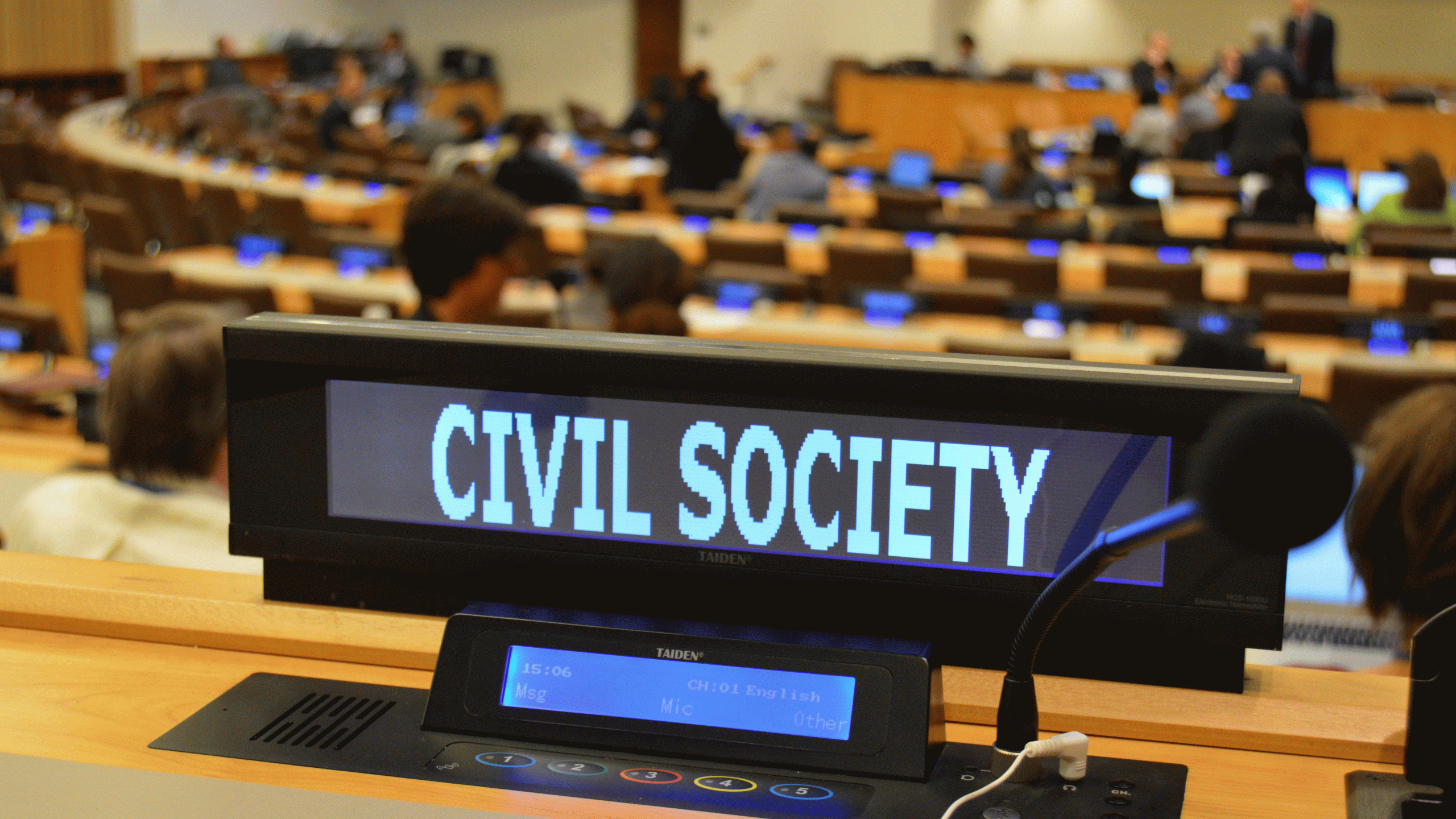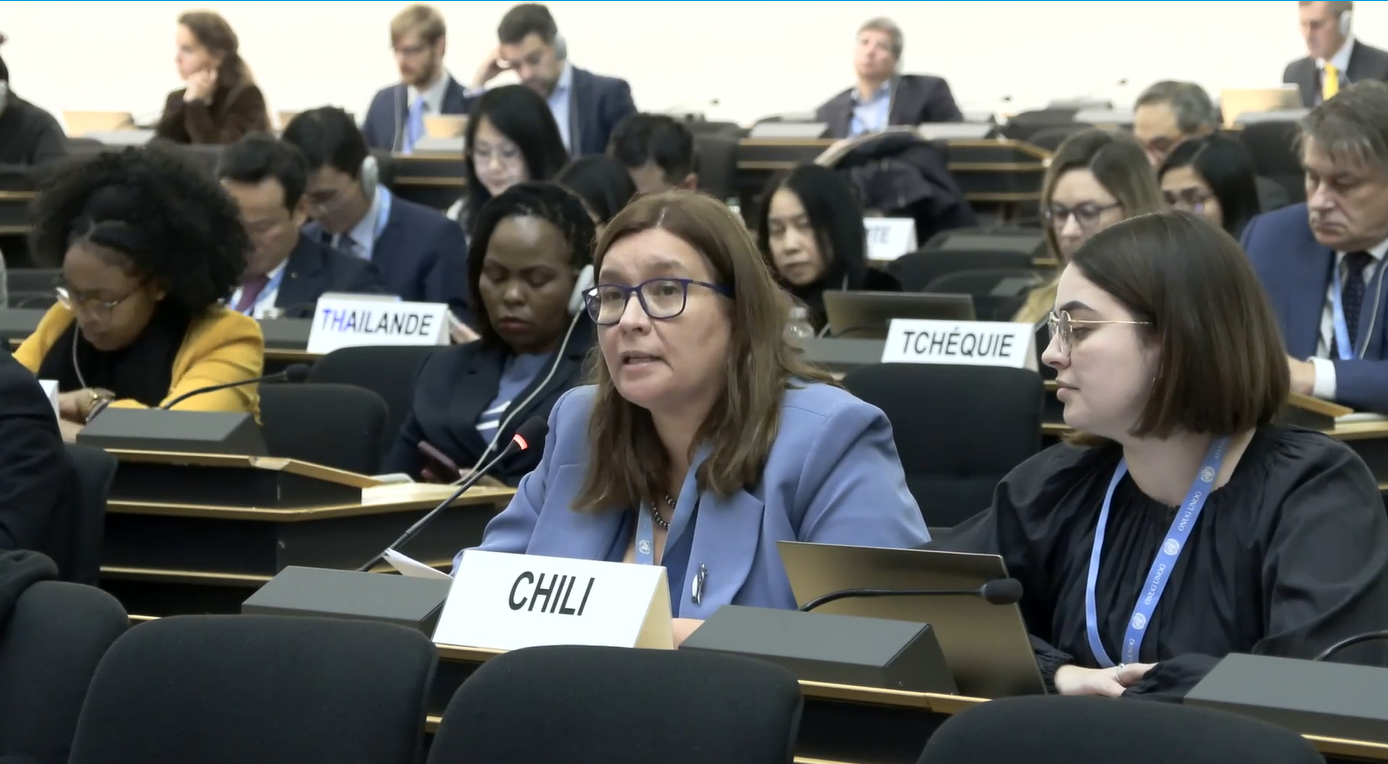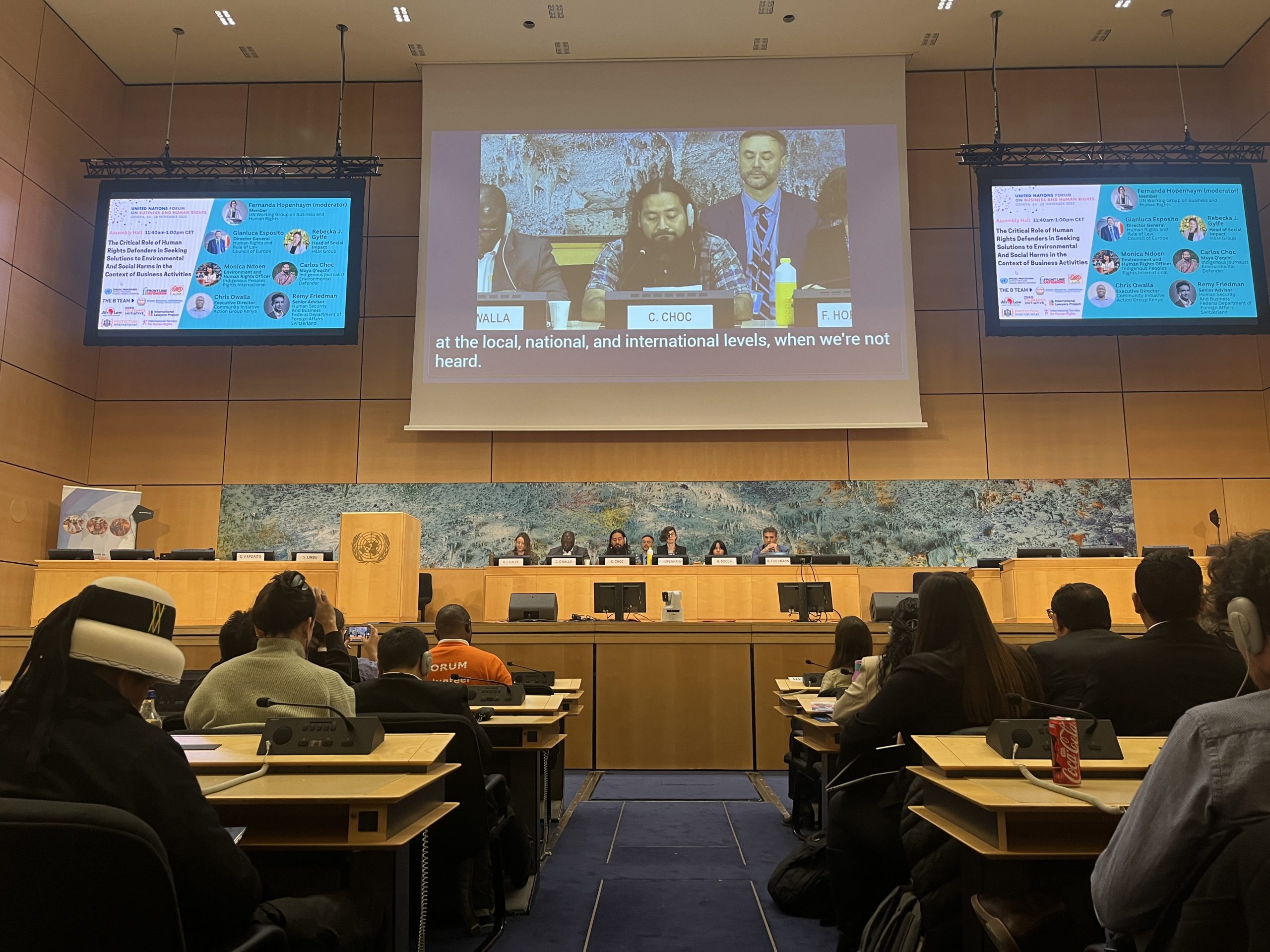Today a group of NGOs sought to deliver a general statement urging the Committee to embrace the principles of transparency, accountability and accessibility in its work to ensure its practice is fair, expeditious and apolitical.
The ECOSOC NGO Committee reviews applications for accreditation, providing a gateway for NGOs into the UN. It has been much criticised – by States, UN officials and NGOs – for practices including repeated questioning of applicants and multiple deferrals of applications for no good reason.
The NGOs’ attempt to speak was blocked.
ISHR along with Amnesty International, Civicus, Conectas Diretos Humanos, Human Rights Watch, Jacob Blaustein Institute for the Advancement of Human Rights, International Commission of Jurists and Outright Action International came with two key calls for Committee and observer States, related to participation and membership.
1/ The NGO Committee must provide for remote participation by accredited NGOs:
ECOSOC recently requested the NGO Committee to institute regular meetings with accredited NGOs in regard to the ‘evolving relationship’ between NGOs and the UN. Despite the fact that these have been required since 1996, the meeting scheduled to take place in the next months, will be the first.
The NGOs urge that provision be made for remote participation by accredited NGOs unable to travel to New York for the meeting.
‘Clearly, access to UN conversations should not be limited to those who have resources to travel to New York or Geneva or other major UN hubs. A diversity of voices should be heard,’ they note. ‘We hope that States will ensure that the principle of accessibility to UN processes will be applied when defining working methods for the upcoming meeting.’
2/ States with good records on key freedoms should stand for membership of Committee:
Safeguarding civil society space at the UN is an essential component in the struggle to protect civil society space globally. With this in mind, the NGOs call on all States with a commitment to defending the work of civil society to put themselves forward as candidates for the elections to the Committee in April.
‘Action to defend civil society space at the UN starts here at this very Committee’, say the NGOs.
Uruguay invokes ‘right to be heard’ as statement is blocked:
In response to China and Russia’s objections to the presentation of the NGO statement, Uruguay spoke forcefully in favour of hearing from civil society. Opposition to the NGOs’ ‘right to be heard’ went against the principle of transparency in Committee practice, Uruguay said. It also represented a step back by a Committee whose very mandate speaks to strengthening links between NGOs and the UN system.
‘Through their statement, civil society could provide insights that contribute to improving the work of the Committee,’ Uruguay noted. Hearing the statement ‘would allow the Committee to understand civil society’s ideas, experiences and expectations.’
The EU, UK and US also made statements of support. These were not enough to overcome the opposition.
‘As we were not permitted to deliver our statement to the Committee today, we shall now request a written version be circulated to all ECOSOC members,’ said ISHR’s Eleanor Openshaw, reflecting on the morning’s events.
‘We shall also look into ways to ensuring NGOs can make general statements at the Committee in future.’
Contact: Eleanor Openshaw [email protected]
Photo: ISHR




